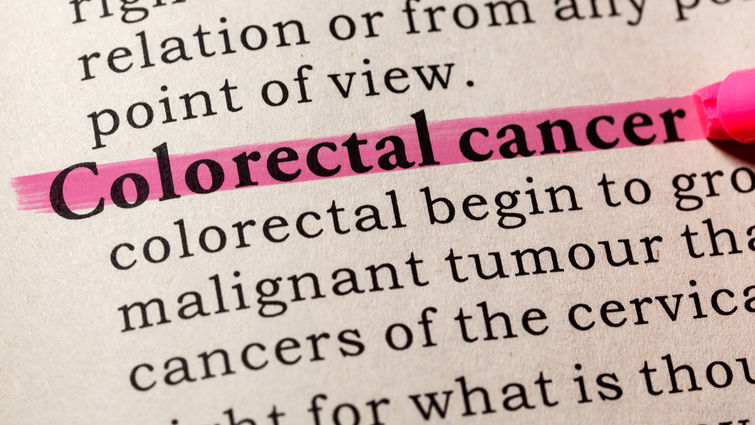
Colorectal cancer is the third most common cancer in the United States, according to the American Cancer Society. As a surgical oncologist specializing in the treatment of peritoneal surface malignancy — a deadly form of cancer spread that invades the lining of the abdominal cavity and abdominal organs — I have seen colorectal cancer take deadly turns in many patients. For March’s Colorectal Cancer awareness month, I have four tips I wish people knew about colorectal cancer.
Colorectal cancer is cancer that starts in the colon or the rectum. Colon or rectum cancer often begins when polyps — a growth in the inner lining of the colon or rectum — becomes cancerous. This usually happens over several years.
Fortunately, with the aggressive push to advocate for more colon cancer screenings, the mortality rates have decreased in the past five years. Unfortunately, many patients I treat already have Stage 4 colon cancer, which is normally associated with a high mortality rate. It is my passion to educate the public on all things related to colorectal cancer in hopes of preventing more instances.
Here are four must know facts about this deadly disease:
- To an extent, it is a preventable disease. With early screening and healthy lifestyle changes, this disease is preventable for the most part. When you get a colonoscopy at the suggested age — starting at age 45 or earlier for those with a family history — physicians are able to find polyps and rid them before they become cancerous. With a healthy diet and exercise, you can minimize your risk for cancer. We know that red meat plays a role in the risk of colon cancer. Avoiding processed foods and dialing back your intake of red meat can protect your colon.
- Know which screening to get. The new stool test for colon cancer has become very popular, but the gold standard is still a colonoscopy. The screening stool test is only intended to find out if cancer is currently present, not look for the early, pre-cancerous polyps. A positive stool test should be followed by colonoscopy.
- Right- and left-sided colon cancers are different. The outcomes are different, and their response to certain types of targeted agents are also different. For example, we now know that right-sided cancer does not respond to the targeted agent called Cetuximab in Stage 4 cancer. Know which treatments you are getting, and make sure you ask your physician the right questions.
- Family history impacts risks. Family history places a patient in a high-risk group. For example, if you have a family history of inflammatory bowel disease like Crohn’s disease or ulcerative colitis, you are part of that high-risk group. Your colonoscopy screening should start at an early age. It is important to consult with your physician to discuss your options.
As physicians the Loma Linda University Cancer Center, we care deeply about your health and well-being. We would love to partner with you in proactively engaging in colorectal cancer prevention, management or knowledge of the disease. To connect with us, visit our website or call 1-800-782-2623.
